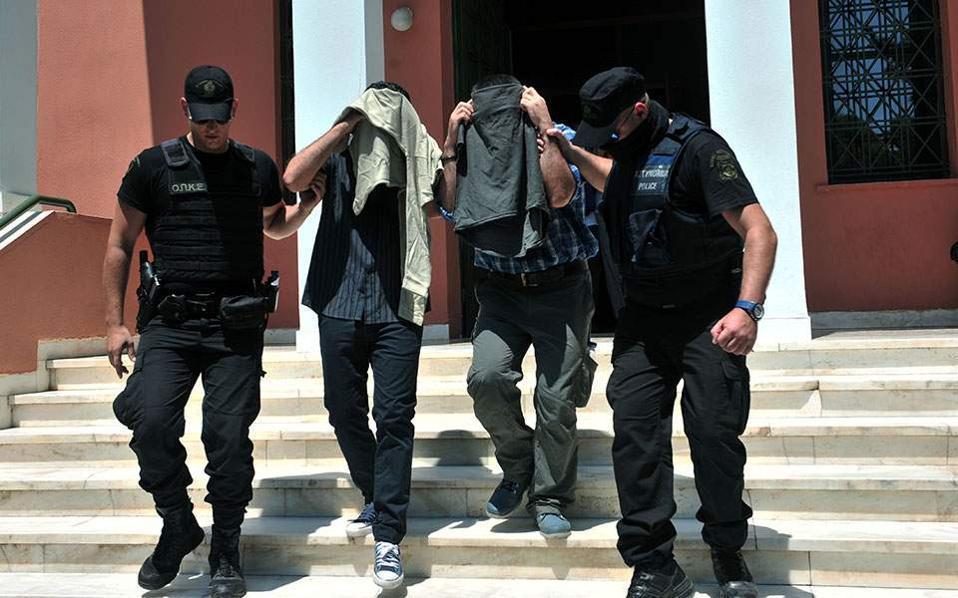
Turkish Foreign Ministry slammed Greece's decision granting asylum to the co-pilot of a helicopter which carried seven other Turkish military officers to Greece a day after last year’s failed coup in Turkey.
"Greece, who granted asylum to one of the eight coup plotters who participated in the July 15 coup bid, has once again revealed through this decision that it is a country that protects and embraces plotters," the ministry said in a written statement on Dec 30.
Greece is not aware that every FETÖ member they release is a big threat to their country, Turkish Deputy Prime Minister Hakan Çavuşoğlu said, echoeing the government view with a tweet from his official account on the same day.
“The terrorists you release today are like dynamites ready to explode, and you may not have a country to protect when they do,” he added.
The co-pilot at the center of the tesion landed in the Greek city of Alexandroupoli, not far from the Turkish border, hours after the putsch was defeated on July 15 2016, and had denied being part of the coup attempt.
The decision by Greek asylum authorities is a blow to Ankara, which has repeatedly requested for the co-pilot to be extradited, but the judges ruled that his human rights would be at risk, Agence France-Presse reported on Dec. 30, citing a source.
They took into account reports from human rights groups and the Council of Europe, according to the source, that warned Turkey has regularly committed human rights abuses against coup suspects.
Despite Turkey’s assertions, the judges said there was no evidence to suggest the co-pilot had participated in the failed coup.
A ruling on the seven other military officers will be made in the coming weeks.
The decision follows a Greek Supreme Court ruling in January that blocked the extradition of the officers, saying that they would not have a fair trial in Turkey.
The case has caused tension between the two NATO allies; the Turkish foreign ministry previously said failure to extradite the group could have an impact on its ties with Athens, including cooperation in the fight against terrorism and other regional issues.
Nevertheless, history was made, and for the first time in decades, a Turkish president paid an official visit to Athens when Erdoğan sat side by side with his Greek counterpart Prokopis Pavlopoulos in the Greek capital on Dec.8.
Speaking to Greece’s local broadcaster Skai TV ahead of his visit to the country on Dec. 7, Erdoğan touched on bilateral relations between Turkey and Greece.
Recalling his discussion with Greek Prime Minister Alexis Tsipras about Fethullahist Terrorist Organization (FETÖ) fugitives in Greece, he said the Greek PM said he would “extradite the coup plotters in 15-20 days.”
“Unfortunately, these [coup plotters] are still in Greece. We need to follow these very carefully,” Erdoğan said, adding that if there is this kind of action against Greece, we must also seize them and extradite them to Greece.
“Justice delayed is justice denied,” he added, saying that this was delayed justice.